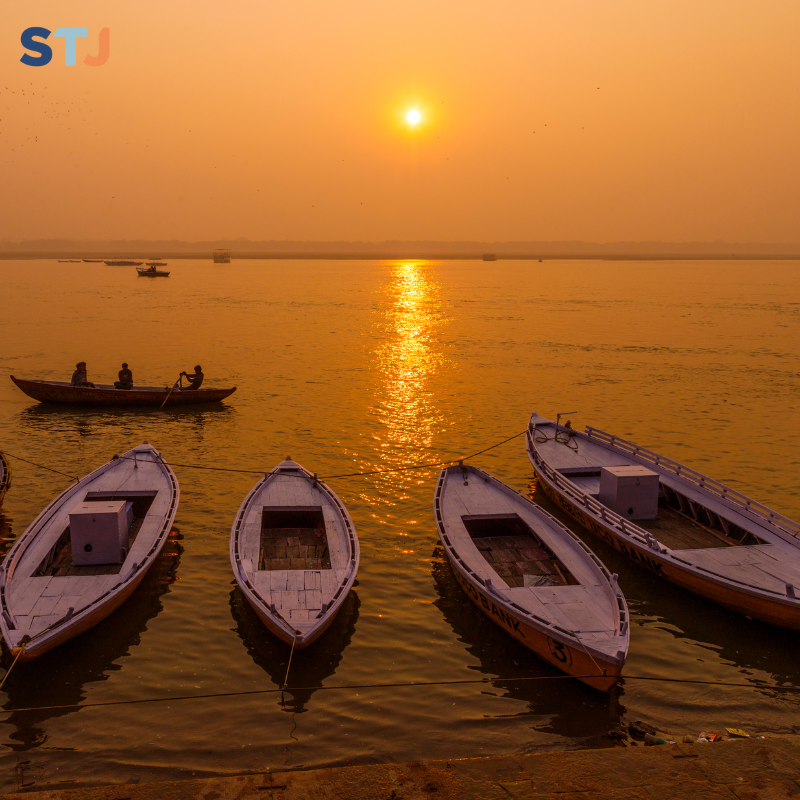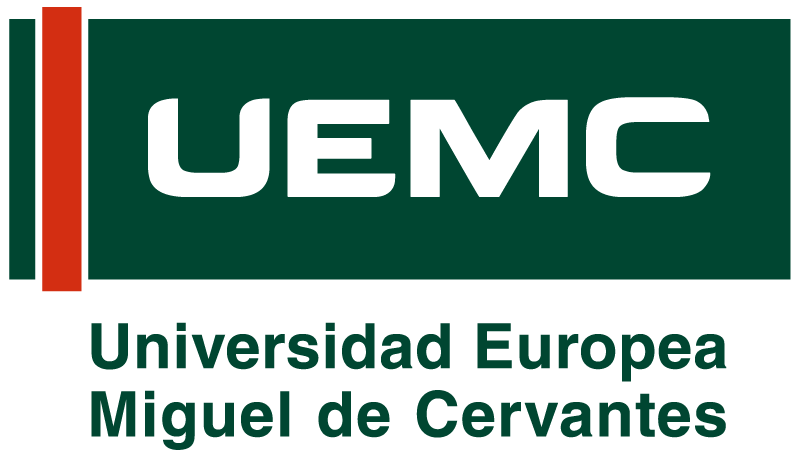By Ivana Damnjanovic
One of them looked up and smiled at me, radiating warmth despite her sunken cheeks. It was such a warm, open smile. I instinctively reached for my camera.
I arrived in Varanasi a few days before Diwali. The streets were full of people, the air smelled like incense and fried sweets, and the Ganges River shimmered in the early morning light. I was there to write a piece for a travel magazine about spiritual tourism in India. I’d always been curious about this place: how life and death meet here, right on the riverbanks.

On my third day, a local guide named Ramesh took me to see parts of the city I wouldn’t have found on my own. We ended up near a small ashram where widows lived. I’d read before that these homes offer shelter to women who were pushed out of their homes after their husbands’ deaths and sent to live in these quiet, hidden places. I wasn’t sure what I expected, but the place was calm. A few women sat in the courtyard, making garlands from fresh jasmine flowers.
One of them looked up and smiled at me, radiating warmth despite her sunken cheeks. It was such a warm, open smile. I instinctively reached for my camera.
And then I stopped.
I didn’t press the shutter. I just stood there, camera half-raised, frozen. In that moment, something felt off. Was it right to photograph her? Would I be taking advantage of her kindness? Did she know what I planned to do with the photo, or where it might end up? I wondered: Was her smile for me, or for the act of being noticed? Was I documenting, or exploiting?
Ramesh leaned in and said quietly, “They usually don’t like being photographed. Some of their families don’t even know they live here.”
The woman was still smiling.
I whispered, “Should I ask her?”
He paused. “Even if she says yes… does she understand where it might end up? What it might mean?”
That question hit me hard. I’d learned in my studies that getting permission isn’t always enough, especially across cultures and languages. True consent means someone understands how their image or words will be used. I wasn’t sure I could explain that fully to her. And if I couldn’t, maybe I shouldn’t take the photo at all.
So I put my camera down.
Later that evening, back in my hotel room, I thought about that moment again and again. I wrote a few paragraphs about the ashram, focusing on how the women supported each other, not on their pain. I decided not to name the place or include any photos. I didn’t want to turn someone’s difficult life into a story that just made my article more dramatic or emotionally “marketable.”
That trip taught me something important. As travel journalists, we often arrive in places where people trust us to tell their stories. That trust comes with responsibility. Sometimes, the best way to respect someone’s story is to step back and not tell it at all.
Since then, I’ve tried to be more intentional about the kind of stories I seek out, and how I tell them. I’ve come to believe that ethical storytelling isn’t only about following rules. It is about being guided by empathy and respect, even when it means walking away from a powerful image or quote.
Now, every time I take a photo or write about someone, I ask myself: Who is this really for? If the answer is only me (or if it might harm the person in the story), I rethink my choices. Ethical travel journalism isn’t always about what you bring back. Sometimes, it’s about what you leave out.
Travel journalism isn’t just about finding powerful stories. It’s about telling them with care, honesty, and respect.
This article is part of the practical work carried out by the students of the Master’s in Travel Journalism.


This story deeply resonated with me. The authors self-reflection on consent and cultural sensitivity is powerful. Its a stark reminder that ethical journalism prioritizes respect over exploitation, even if it means turning away from a compelling moment.